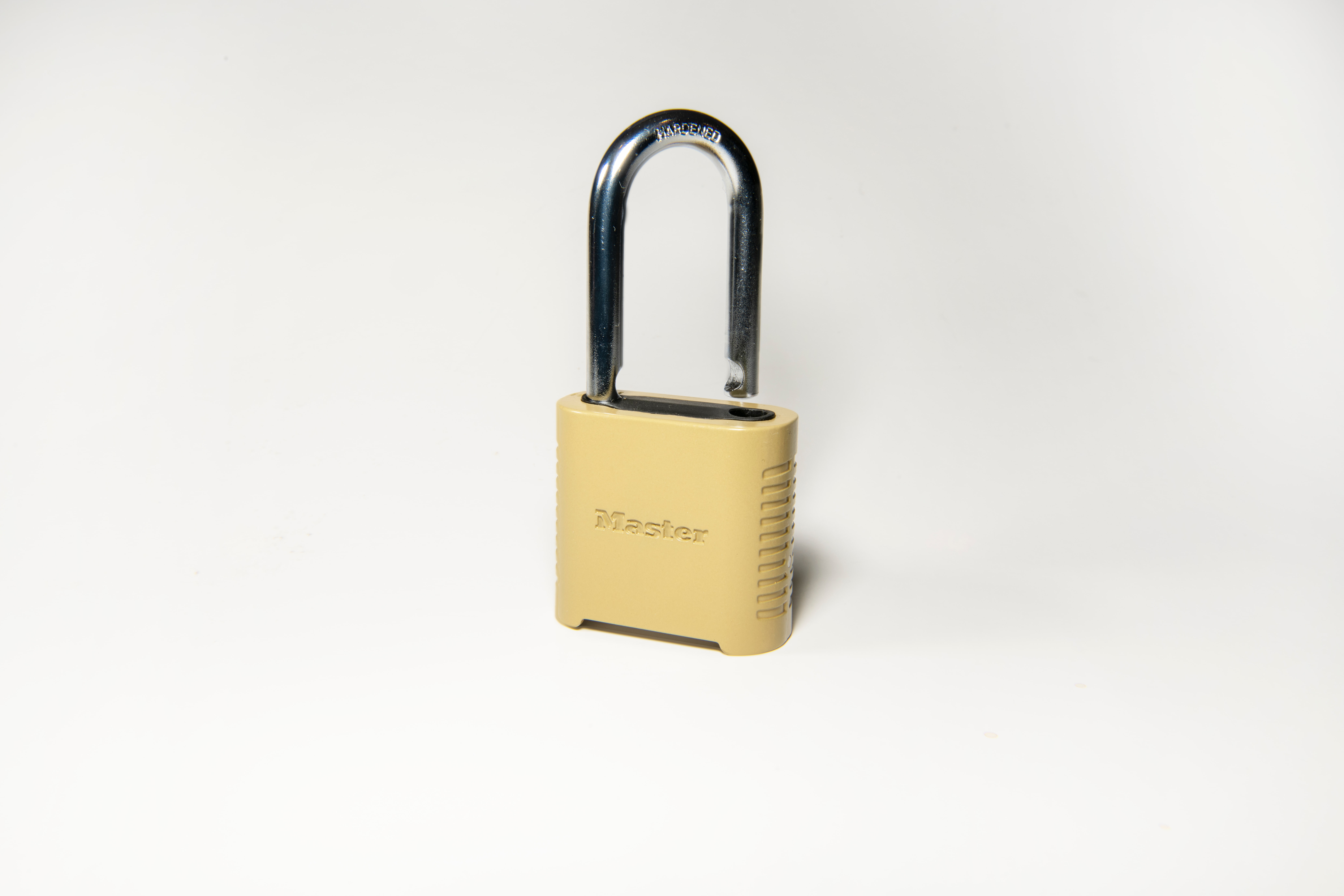The abundance of document dissemination opportunities on the Internet significantly increases the possibilities of finding and selecting scientific documents, creates the need to analyse the activity of scientific information and its related user activity, and to publicly announce the results of this activity. Representation of a scientist in the digital space, scientific visibility is important for the formation of a scientific career, financing of scientific research and the dissemination, evaluation and recognition of scientific results (readability, citations, cooperation, etc.).
Scientist identification number – ORCID Open Researcher and Contributor ID provides a permanent digital ID for the researcher’s professional or academic identity, designed to link this identifier with the scientific production created by the author, ensuring proper attribution of publications, solving problems of author names (same or changed surnames, etc.), recognition of the results of scientific work, communication promotion, dissemination of scientific and other related activities.
When registering, it is necessary to specify a personal (institutional) e-mail address, an e-mail address showing affiliation to the LSMU academic community. The ORCID website provides registration instructions in various languages.
In the confirmation request you receive by e-mail, there is a detailed instruction. After registration, a permanent digital ORCID number is created, and the right to manage personal preferences is granted (assign results of scientific activities, add professional information, etc.).
When filling out various documents related to scientific information, do not forget the created permanent identification number.








